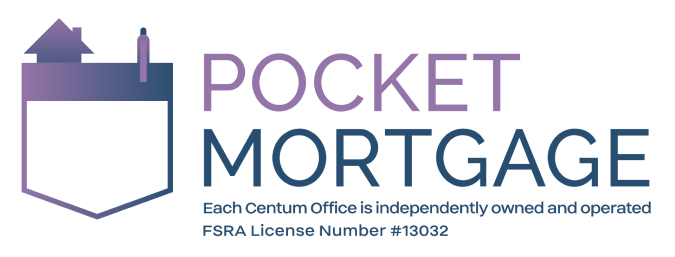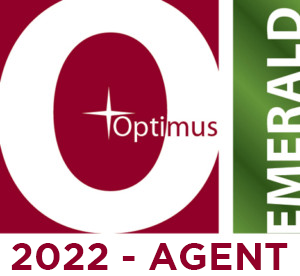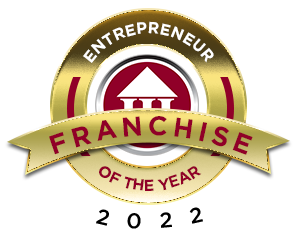What Does Owning A Condo Really Mean?
Buying into a Stratified Property

Iconic Condo Buildings in Mississauga, On.
Know what that means for you!
If you are looking to purchase a townhome, apartment or condo, you will more than likely be buying into a stratified building. A stratified property enables individuals to own a portion (a lot, apartment or townhome) while sharing ownership in common spaces. A “Strata” or “Strata Company” is the entity that would manage your buildings common areas such as elevators, hallways, exterior and what’s in the walls. Stratas can more commonly be known as condo corporations or community association among other titles. When purchasing into a stratified building there are things you should know before you buy.
Strata bylaws
Typically, when you own your property you wouldn’t think you would run into any overly restrictive bylaws- but guess again! Depending on the rules created by your Strata Company, they could have regulations against having a dog above knee height, noise restrictions, age restrictions or even restrictions on your ability to rent out your own home if you decide to. Each stratified property is unique. They each have separate rules that are created and enforced by the building’s strata company, a 3rd party strata management company or both. The strata have the ability to fine owners who do not follow the bylaws.

Townhomes can also qualify as Strata.
Contingency fund
All owners are to pay a monthly fee which is called the strata payment. This payment goes into a contingency fund which is used to manage the building’s utilities which can include garbage removal, water, building insurance, emergency repairs and snow removal. It not only covers some utilities, but the fund is meant to be used for replacement of common areas as the building ages and depreciates. The idea of how it should work is that there are enough funds saved on a monthly basis that the big expenses such as replacing the roof can happen without affecting any homeowners’ wallets.
If your strata management company or council has been poorly managing the funds, this can easily spell a costly disaster for you as a homeowner. This could very well be one of the most important factors when buying into a stratified complex or building. If there are no funds in the contingency to cover the overall repairs, the strata will then issue what’s called a special levy to all owners within the stratified property.
A special levy is a when the strata issues a debt you will need to pay to replenish the contingency fund to a positive balance, so it can, in turn, keep operating the bills of the complex or building. If you do not make the payment, the strata council can place a lien on your home, which will have to be paid if you refinance or sell your home. If your special levy cannot be paid with readily available funds, you also have the ability to refinance your home and withdraw funds to pay the levy – if you have enough equity to do so. Alternatively, the least favourable option would be to sell the home.

Strata properties can come with benefits such as Doormen, Concierge Service, Gym, Pool Media Room & more…
Perks
Although there can be minor setbacks if there is a lower contingency, there are some buildings that are managed exceptionally well and have lots of perks! Some of the perks you can encounter in a stratified complex could be; a doorman to greet and accept packages delivered on your behalf, a functional gym with enough equipment for all your needs, and even a swimming pool to cool off in on a hot day.
Conclusion
When you are looking at purchasing into a stratified complex, always ensure you ask your realtor for:
- the previous two years strata meeting minutes.
- budget.
- Form B or details on the contingency fund
- any restrictions or bylaws could affect your overall happiness and enjoyment of owning a home.
We Hope this overview was helpful while navigating the condo market. If you have any further questions, don’t hesitate to reach out to your realtor or call The Pocket Broker.
Categories: Advice, Canada, First Time Homebuyer, Mortgage Financing, Real Estate



